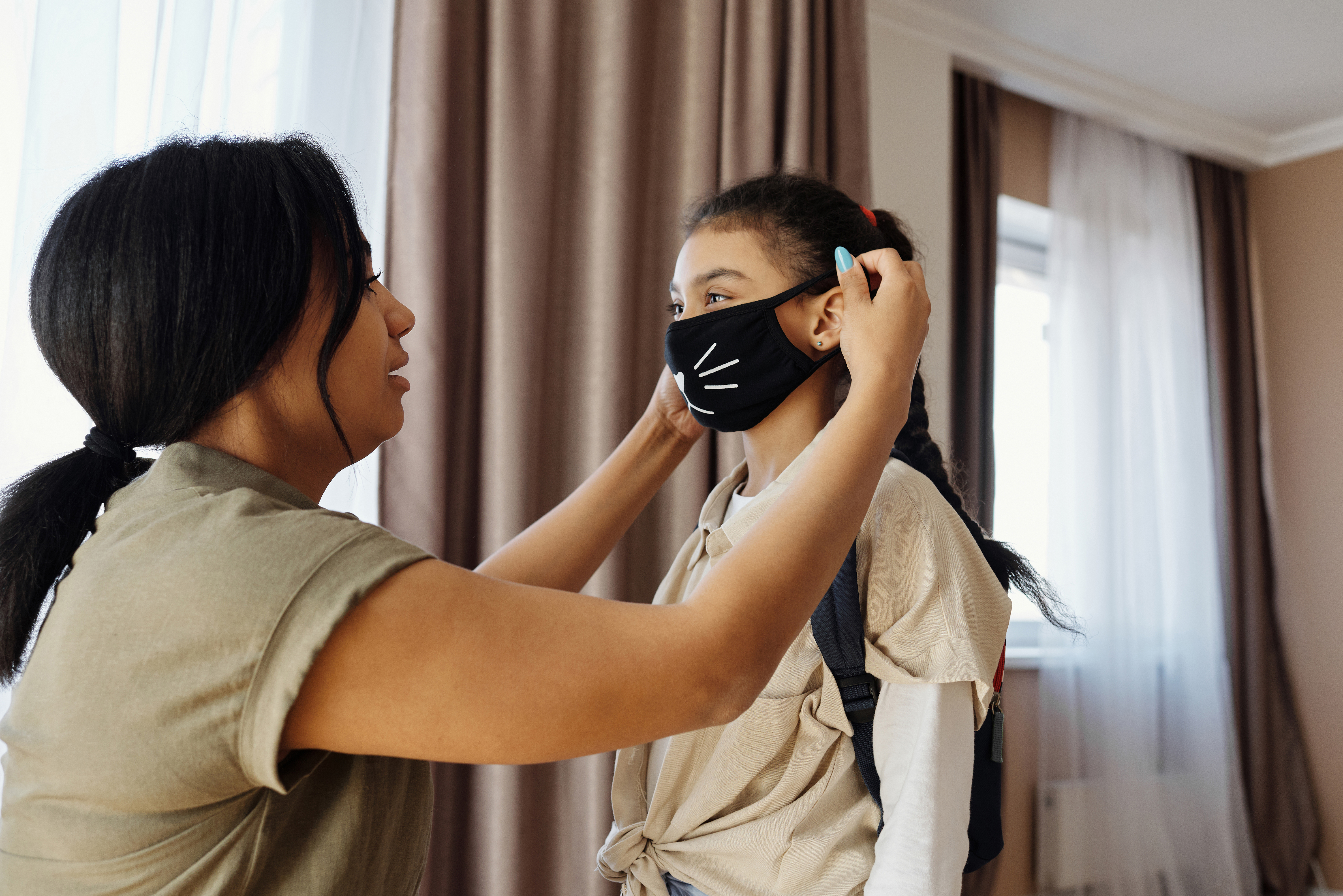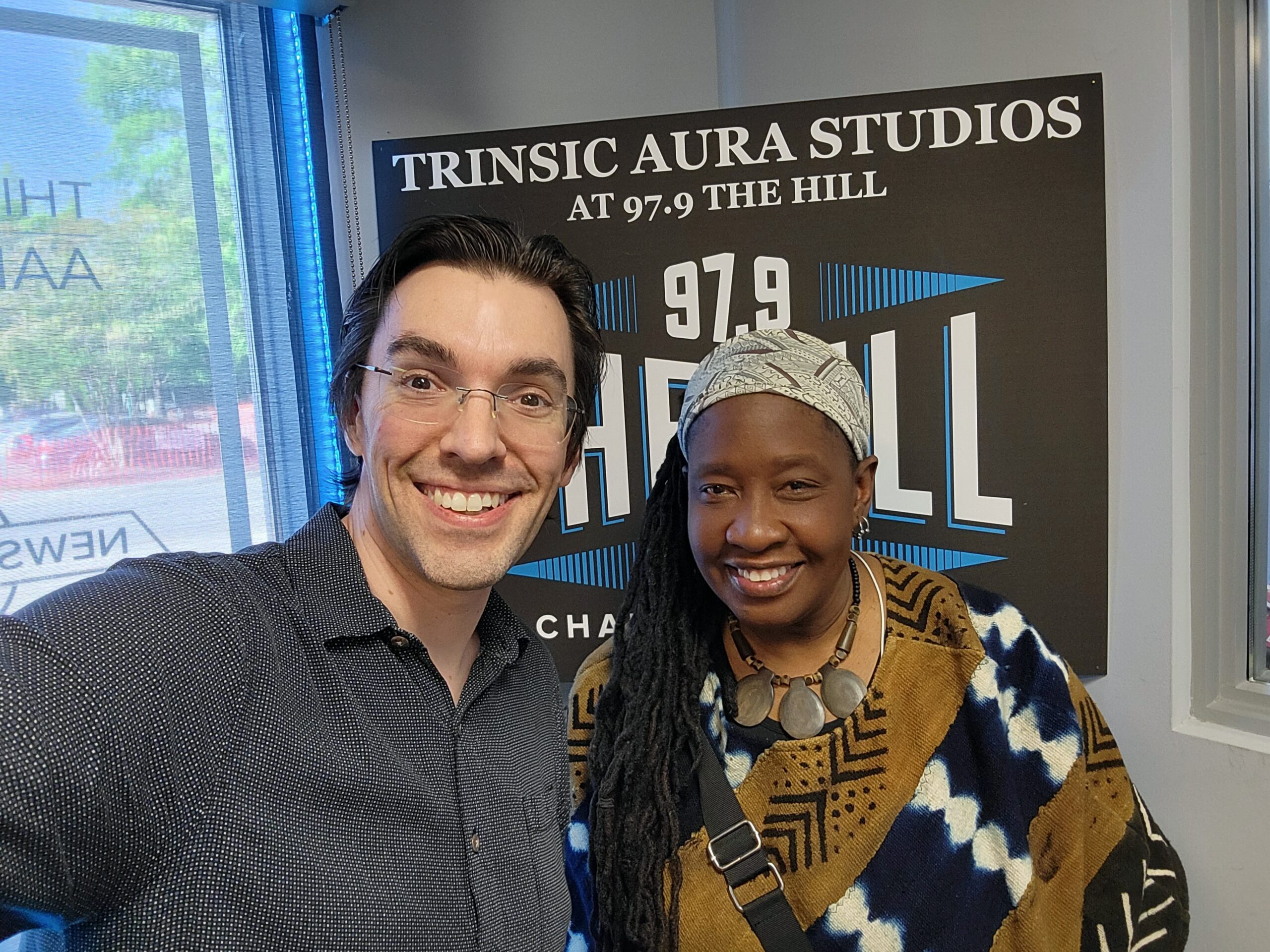Data from the U.S. Census Bureau and the National Center for Health Statistics shows more than 4 in 10 U.S. adults developed symptoms of depression or anxiety by the end of 2020.
The study asked 60,000 people how often they felt down, depressed, hopeless or anxious in the last week. The study also asked how often people felt unable to stop worrying or had little interest or pleasure in doing things. All these symptoms are related to diagnoses of general anxiety disorder or depression.
North Carolina has crossed the one year mark of the COVID-19 pandemic. As people continue to socially distance, the National Alliance on Mental Illness says it is important to check in on one another and continue fostering relationships.
The National Alliance on Mental Illness, or NAMI, suggests talking about struggles with others can provide encouragement from peers, improve mood and reduce stress level. NAMI also suggests reaching out to medical professionals for another form of help.
Hillsborough author and frequent New York Times columnist Steven Petrow, who spoke with 97.9 The Hill’s Aaron Keck, said he too felt the toll of the pandemic on his mental health. Petrow’s recent New York Times column reflected his own struggles with depression.
“Even though we can’t look each other in the eye, we can’t give each other a hug, there are virtual ways we are finding this connection on social media does support us, does really kind of connect us,” Petrow said.
He said he started doing a “Friday Check-in” on Facebook to ask his friends how they were all doing and opened up to share his own state of mind. He said his hope is to reduce the stigma around mental health issues.
“I basically took the advice of what my sources were telling me which were find ways to connect with people,” Petrow said. “But I realized if you’re gonna connect with someone and say, ‘Hey I have a problem, hey I’m struggling,’ you actually have to acknowledge, ‘Hey I have a problem.'”
Petrow said he began to see people were not alone in their challenges. He said the more open people can be, the more open others will be with them, which will foster the types of connection important to wellbeing.
One suggestion is to change your standard greeting from “How are you?” to “What’s new with you?” This pushes the door open more to allow people to talk about their lives and even acknowledge “I’m not okay” if they are not.
“If there’s a positive lesson that comes out of this it’s about the focus on the ‘we’ and not the ‘me,’” Petrow said. “By the ‘we’, family, friends, community, our state. We’ve been really in a ‘me’ direction for several years now, and I hope this sort of collectiveness will take root and come out of this that our wellbeing is dependent on those we care about and those we love.”
If you or someone you know is struggling with mental health the NAMI hotline is, 800-950-NAMI
Chapelboro.com does not charge subscription fees. You can support local journalism and our mission to serve the community. Contribute today – every single dollar matters.












